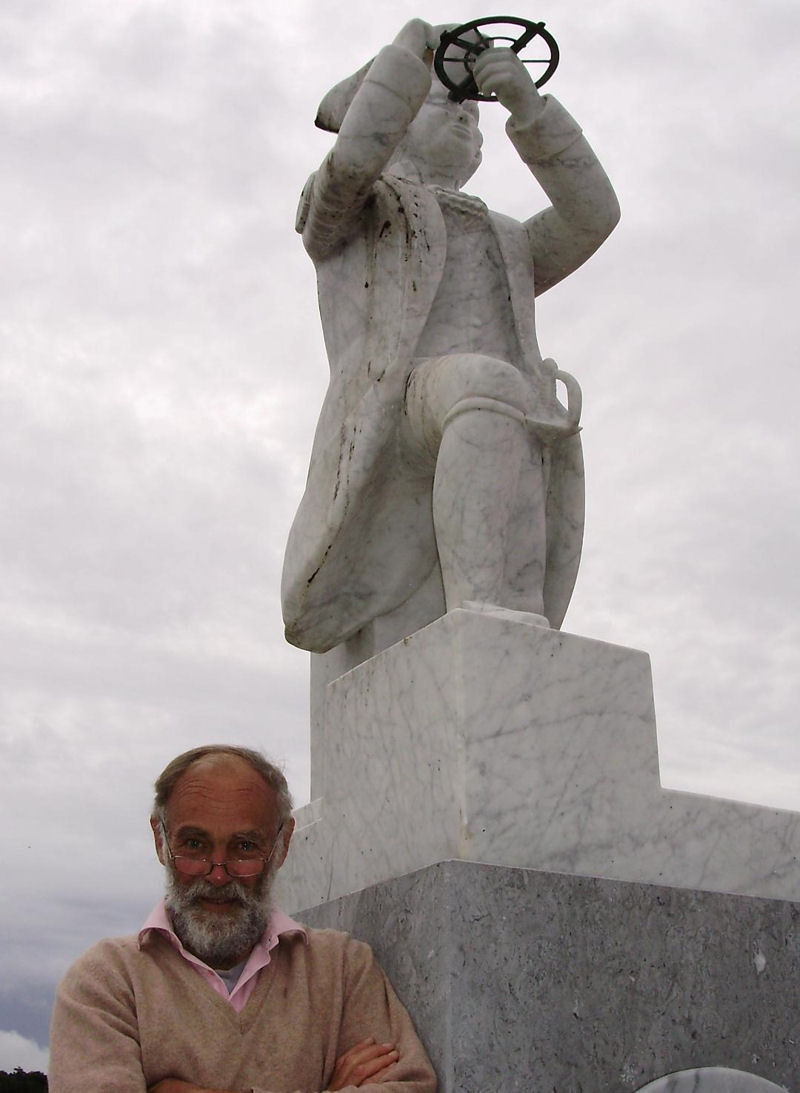Many parliaments have problems forming a government. A graph of seven Western countries (because the West preaches inclusive governance to conflict zones) - Austria, Belgium, Finland, Germany, Ireland, Netherlands and Spain, and the length of time it took for them to form an exclusive administration - is attached, and so is a key giving the exact number of days involved.
___________
The matrix vote may be used when a group of persons – elected representatives of an elected chamber, members of an association at an AGM, etc. – wish to elect an executive, a team of ministers or office holders with different functions: a minister of finance, another of the environment, and so on; a secretary, a treasurer, and so forth.
The ballot is two-dimensional; a simple example, for a cabinet of six ministers, is as shown.
|
The Cabinet |
MINISTERS |
||||||
|
Preferences |
Names |
Premier |
of A |
of B |
of C |
of D |
of E |
|
1st |
|
|
|
|
|
|
|
|
2nd |
|
|
|
|
|
|
|
|
3rd |
|
|
|
|
|
|
|
|
4th |
|
|
|
|
|
|
|
|
5th |
|
|
|
|
|
|
|
|
6th |
|
|
|
|
|
|
|
In the vote, every MP may choose six different names and list them, in order of preference, in the shaded column; then, he/she may use a ✓ to indicate in which ministerial post he/she wants each nominee to serve. An example of a completed ballot paper is as follows: six different candidates in the left-hand shaded column; six different ticks in the matrix, one in each row and one in each column.
|
The Cabinet |
MINISTERS |
||||||
|
Preferences |
Names |
Premier |
of A |
of B |
of C |
of D |
of E |
|
1st |
Jean |
|
|
✓ |
|
|
|
|
2nd |
Jane |
|
|
|
|
✓ |
|
|
3rd |
Joan |
✓ |
|
|
|
|
|
|
4th |
Jim |
|
|
|
|
|
✓ |
|
5th |
Jamie |
|
✓ |
|
|
|
|
|
6th |
June |
|
|
|
✓ |
|
|
The voting member of parliament might regard the B ministry as most important, or have a priority to get Jean elected, or think she is best suited to this ministry. No matter the reasons, every MP has lots of choice.
The analysis is twofold: on the data in the shaded column, a Quota Borda System QBS is used to identify the six most popular MPs; secondly, with the preferences now converted into points and in descending order of points received in the matrix, these six are then appointed using an MBC, each to the ministry for which they received the most points.
The matrix vote is PR. Like RCV, QBS prompts every party to nominate only as many candidates it thinks it can get elected, so members should best not submit a ballot of party colleagues only, lest they split their vote; at the same time, the MBC encourages every MP to submit a full ballot. In total, therefore, the completely colour-blind matrix vote can encourage (but does not force) everyone to vote across the gender gap, the party divide and even the sectarian chasm. It is ideally suited to international organisations like the UN, to national governments in conflict zones, and to organisations in civil society, especially in plural democracies.
___________
If those concerned are in (local or national) government and if, therefore, proportionality is important, then the QBS matrix vote should be used. This means the first count is conducted according to the rules of QBS, so to identify the chosen members of cabinet. The second count - the appointment of these individuals to particular posts - is under the rules of an MBC.
In those organisations where proportionality is not an overriding consideration - as in non-party parliaments such as in Nauru and Nunavut, or in busness and the community - both counts can be conducted according to the rules of an MBC.
On 4.10.2021, a matrix vote was conducted on-line 'in' Munich. The results are attached.


